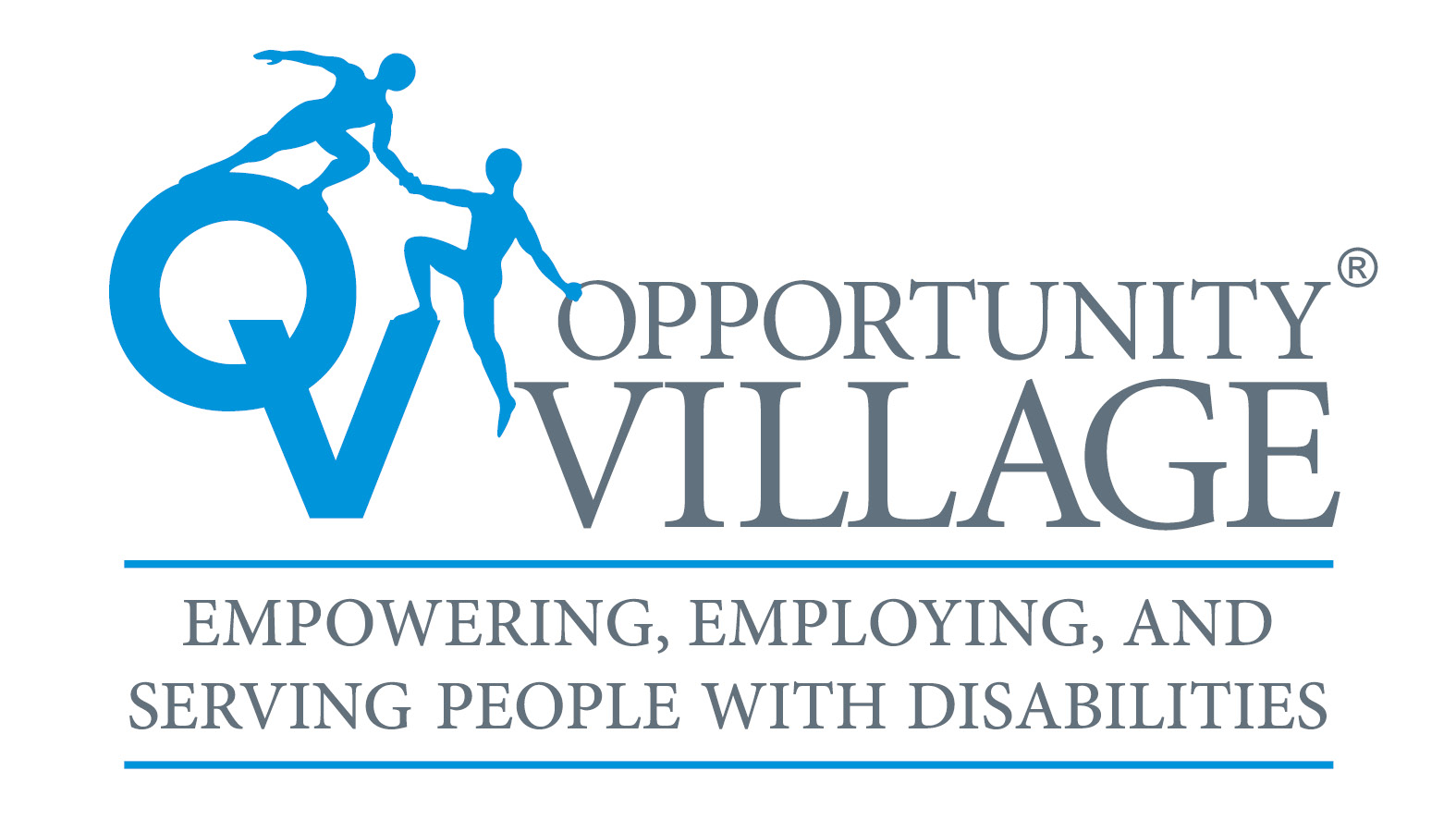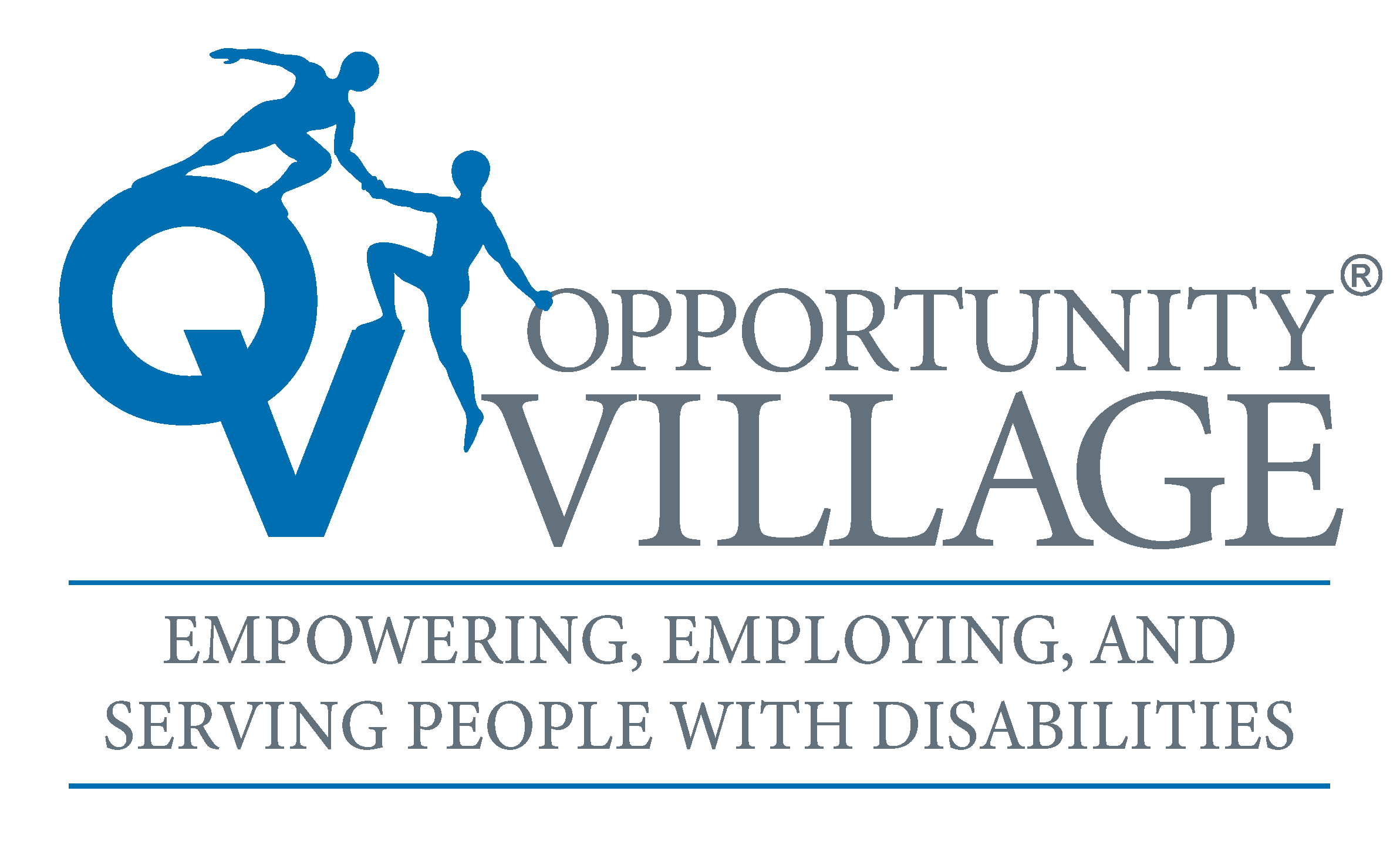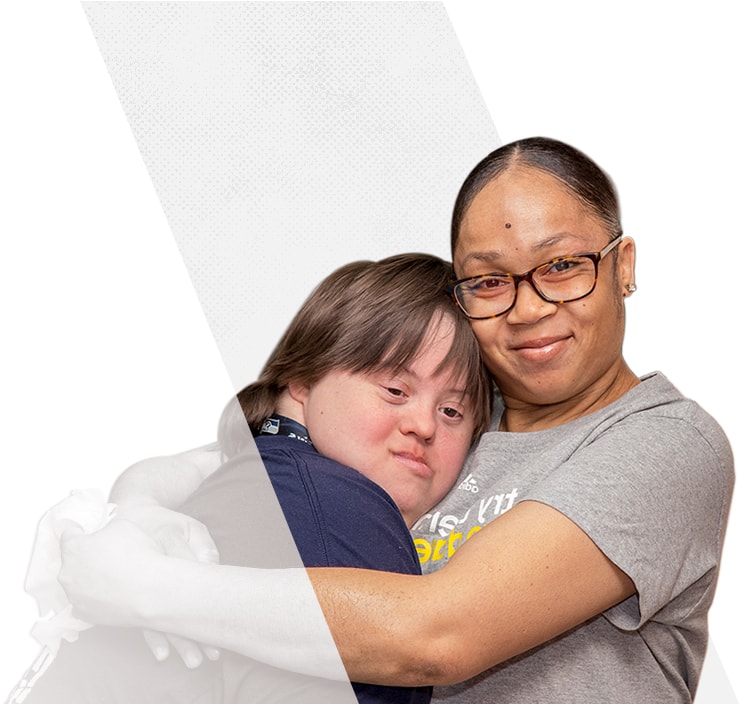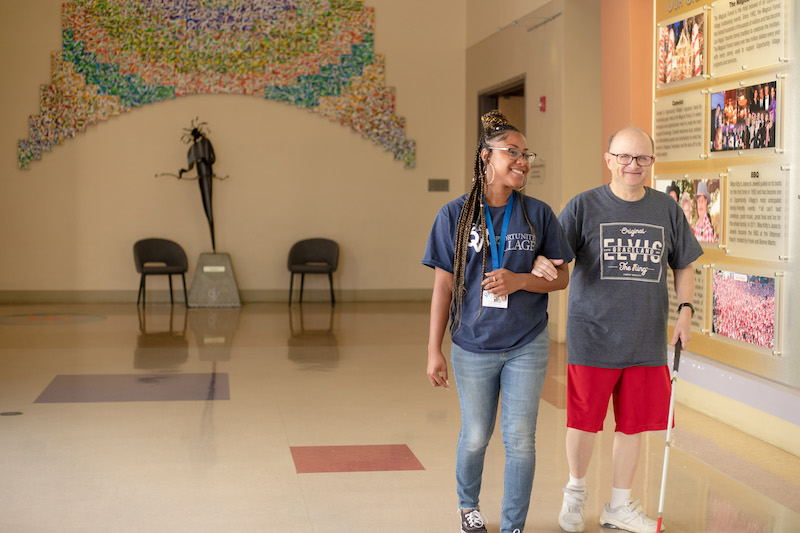
In 2019, 77.9 million Americans spent a whopping 5.8 billion hours volunteering. The economic value of those hours is estimated to be $147 billion.
Mighty powerful, isn’t it?
What’s more, decades of scientific research has found there are powerful benefits of volunteering.
This guide will quickly take you through those benefits. It will then show you ways to volunteer your time that might surprise you.
Top 5 mental health benefits of volunteering
1. Feel good — enjoy a helper’s high
The science is in: volunteering makes you feel good. Called a ‘helpers high’, studies show that volunteering creates a similar physical experience to vigorous exercise or meditation.
Why? Because your body releases endorphins during positive social contact with others. Harvard Health calls endorphins the brain’s natural pain reliever.
But to really enjoy the feeling of a helper’s high, you need to have direct contact with other people when you volunteer. And your volunteering must be altruistic (i.e. without any selfish motivator such as being paid).
2. Reduce stress and loneliness
Volunteering around other people can also help you feel less stressed and less lonely. That’s because when you lack human contact, you’re likely to have increased cortisol levels in your body.
What does that mean? Well, cortisol is sometimes called the stress hormone. Higher levels of cortisol in your body will make you more stressed.
Feeling lonelier also increases cortisol production.
So when you volunteer with others, you’ll help yourself feel less lonely and less stressed while you’re helping people in need. Now that’s a win-win if ever we’ve seen one.
3. Lessen feelings of depression
Saying “Yes” to that volunteer opportunity you’re considering might help you feel less depressed. Research shows that volunteering lowers depression levels for those over 65. So the benefits of volunteering are especially obvious for seniors with depression.
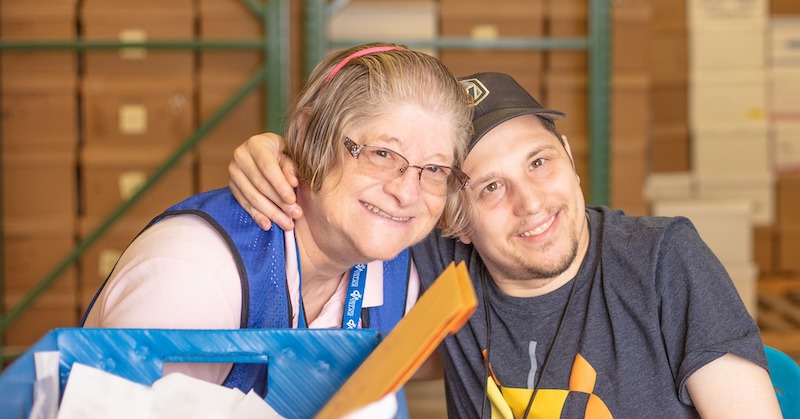
But when you combine the powerful effects of lowered cortisol and a helper’s high, volunteering helps us all feel better. It can even improve your overall sense of happiness. Let’s take a quick look at how.
4. Boost your happiness
The Journal of Happiness Studies sounds like a worthy read, doesn’t it? They found that people who volunteer are happier than those who don’t.
The study looked at data from about 70,000 people in the UK. And what did they find? Compared to people who didn’t volunteer, those who did so in the previous year felt more satisfied with their lives. They also rated their overall health as better.
And taking it one step further, those who volunteered regularly (at least once a month), reported better mental health than those who volunteered rarely or not at all.
5. Build friendships and social connection
A powerful benefit of volunteering is the social connection you feel. You can expand your social network and improve social skills while helping other people.
You’ll probably spend your time free of any troubles while feeling a shared sense of purpose and belonging. You might even make lasting friendships with people who share your values.
Creating meaningful social connections can profoundly affect your overall mental health and wellbeing. Build confidence, enjoy emotional support and feel less stressed.
And as an added bonus, social engagement promotes brain health as you age.

Other benefits of volunteering
The benefits of volunteering aren’t just for the mind. Let’s look at how helping others can improve your physical health too.
6. Lower your blood pressure
Another powerful benefit of volunteering is you’re likely to lower your blood pressure. And high blood pressure is linked to a host of poor health outcomes.
The 2007 study by researchers at Carnegie Mellon University looked at adults over 50. They found that people who didn’t volunteer at all were more likely to have problems with high blood pressure than those who volunteered regularly.
But why is this so? The study concludes that it might be linked to an increase in physical activity as well as lowered stress levels.
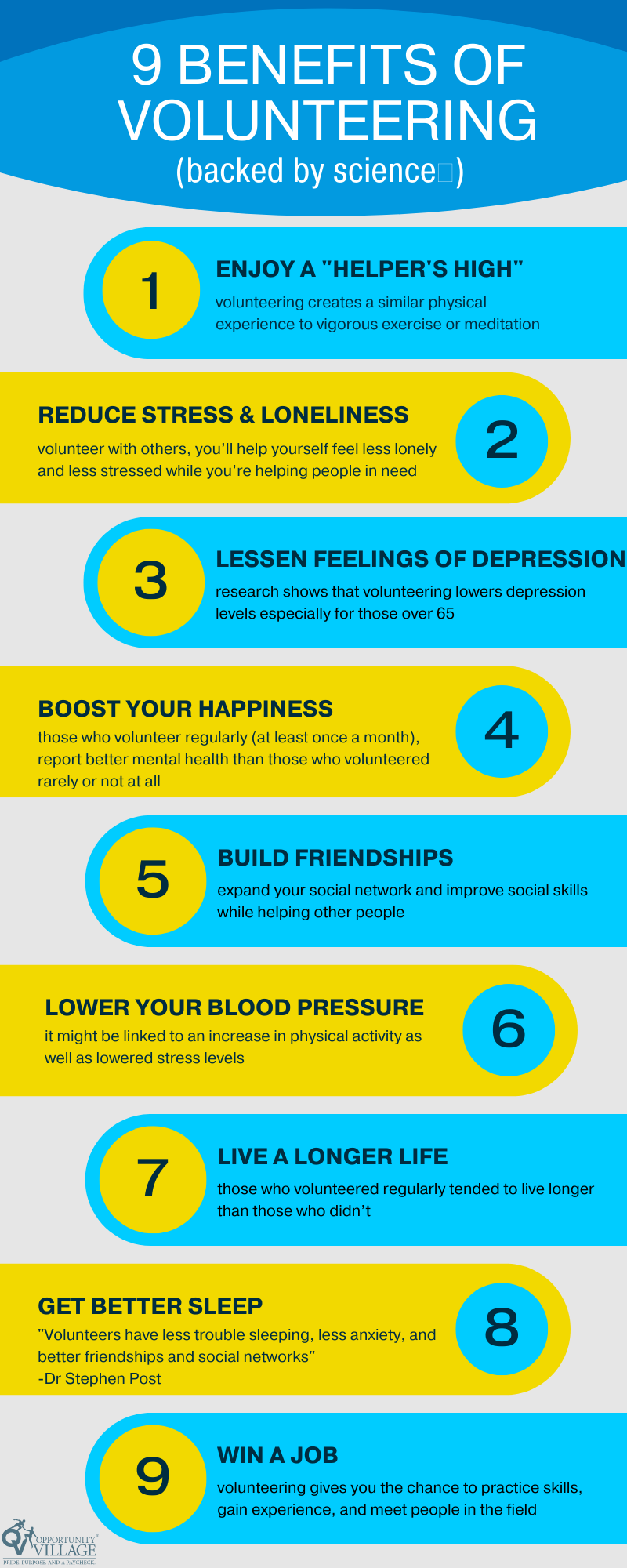 7. Live a longer life
7. Live a longer life
Want to live a longer, healthier life? Then you should think about volunteering. A study in Health Psychology from the University of Michigan found those who volunteered regularly tended to live longer than those who didn’t. But the key was to volunteer altruistically, rather than for self-interest.
8. Get better sleep
Okay, who doesn’t want more or better sleep? We thought so.
In a survey of more than 4,500 Americans, Dr Stephen Post from Stony Brook University of Medicine found that volunteering had an effect on sleep.
As Dr Post explained to verywellmind, “Volunteers have less trouble sleeping, less anxiety, and better friendships and social networks.”
9. Win a job
Volunteering with an organization occasionally leads to paid employment. If you can make a strong connection with the team and show strong relevant abilities, you may just walk away with a job.
Volunteering also gives you the chance to practice skills, gain experience, and meet people in the field.
That covers the benefits of volunteering to whoever’s actually volunteering. But there are other good reasons to volunteer too. Let’s look quickly at why volunteering matters.
Why is it important to volunteer?
When you volunteer, you freely give your time. There’s no expectation of any payment or return favors. In this hyper-scheduled, fast-paced world, why should you give of your limited time?
Because volunteering makes a difference to worthy organizations, and to the lives of people in need.
Many organizations are only partly funded by governments (if they’re funded at all). And they couldn’t work as they do without people volunteering their time (or donations of cash or goods). Without you, the support these organizations provide wouldn’t be there for those who rely on it.
It’s that simple.
Where to volunteer
Ready to dive in, but not sure where or how to volunteer? Here are a few ideas to get you started.
- Visit a local senior center to speak with residents or play games.
- Spend time delivering food for Meals on Wheels.
- Help serve food at a soup kitchen.
- Fundraise for the International Red Cross or Amnesty International.
- Work with Opportunity Village to support adults with disabilities.
You could also consider whether you have any special skills to offer. Can you fix an organization’s website? Can you tutor disadvantaged children in English or math?
Volunteer Match and DoSomething.org are two places to look for guidance and inspiration. Of course, if you don’t have any time to give you can always donate money or goods to a worthy charity instead.
Donations other than time
We get it. Life is hectic, and not everyone can spare the time needed to volunteer. If that’s you, have you considered donating to provide vital support for adults with disabilities? Whether it’s with your time, money, or goods, help us make a difference at Opportunity Village.
